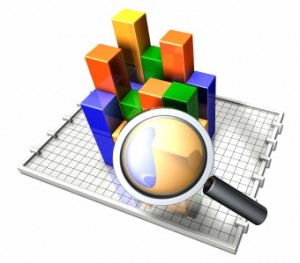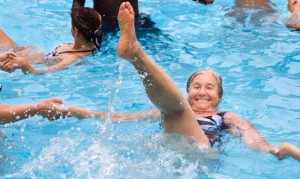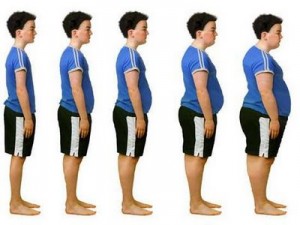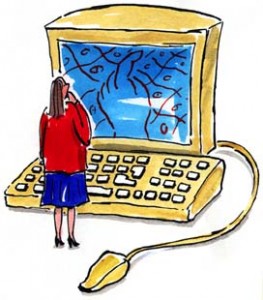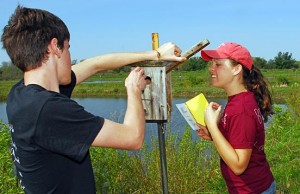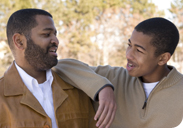
Artificial intelligence (AI) is ubiquitous in modern society. While it may seem like a brand-new technology to many, computer scientists have been building and testing AI models—albeit simple ones initially—since the 1950s. You likely have been using AI in your daily life for much longer than you realize—it’s used in chatbots on websites, robotic vacuums that learn floorplans, digital assistants such as Amazon’s Alexa, and much more. [Read more…]
